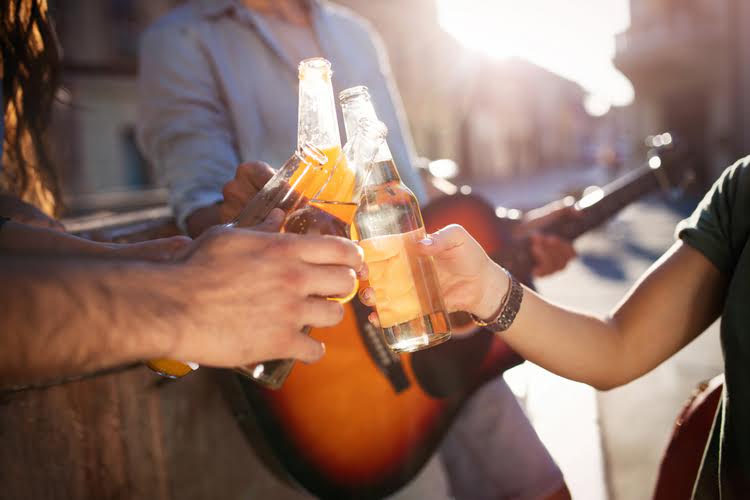Content
However, it’s not always easy to pinpoint the signs and symptoms of alcoholism. Keep in mind that abusing alcohol or “drinking heavily” can adversely affect your organs (i.e., brain, heart, liver, stomach, and nervous system). It can also heighten your risk of developing https://ecosoberhouse.com/ mouth, esophageal, throat, and/or larynx cancers. In fact, women, who abuse alcohol, have an increased risk of developing osteoporosis and/or breast cancer. Many people experiencing insomnia in recovery also had insomnia before they became dependent on alcohol.

For the specific treatment of insomnia, behavioral therapies are the preferred treatment , as they have been shown to be effective and they won’t interfere with sobriety. Sleep problems can last for many months after quitting drinking.
How do I get a good night’s sleep after drinking?
Older men who consume alcohol are more likely to have a worse sleep profile, characterized by waking tired and waking several times during the night. It can have a relaxing effect, but research shows that too much alcohol can lead to a lack of sleep or insomnia. If you or a loved one is ready to overcome an alcohol addiction, reach out today. Treatment providers can connect you with programs that provide the tools to help you get and stay sober. Insomnia can be easily treated for most and, if it is caught early enough, completely avoided before any permanent damage has taken hold. Unfortunately, many attempt to use the sedative effects of alcohol to combat their insomnia through self-medication.
Increased REM sleep density at admission predicts relapse by three months in primary alcoholics with a lifetime diagnosis of secondary depression. Sleep apnea is a disorder characterized by abnormal breathing and temporary Alcohol insomnia loss of breath during sleep. These lapses in breathing can in turn cause sleep disruptions and decrease sleep quality. Being CERTAIN that you’ll find a solution to a problem drastically increases your odds of doing so.
Remedy #10: Medications For Alcohol Withdrawal
It’s unproven whether the pain leads to insomnia or the other way round. Alcohol dependency is rarely the only issue a person in withdrawal is dealing with.
Can alcohol cause anxiety and insomnia?
Alcohol use among patients with anxiety may exacerbate anxiety and associated sleep problems by leading to fragmented, nonrestorative sleep.
The relationship between sleep apnea and alcohol has been researched somewhat extensively. The general consensus based on various studies is that consuming alcohol increases the risk of sleep apnea by 25%. The information we provide while responding to comments is not intended to provide and does not constitute medical, legal, or other professional advice. The responses to comments on fitrecovery.com are designed to support, not replace, medical or psychiatric treatment. Please seek professional care if you believe you may have a condition.
Substances
If you sleep better when you don’t drink, you might consider stopping alcohol use entirely. However, if you continue to have sleeping difficulties, reach out to a sleep specialist. Alcohol may be consumed in beer, wine, and hard liquors like vodka, rum, gin, and whiskey. It is more often consumed at night, also called a nightcap, and may negatively affect your sleep. While alcohol can make you feel tired at first, it can also disturb your sleep as it wears off. Brandon Peters, MD, is a board-certified neurologist and sleep medicine specialist.


No comment